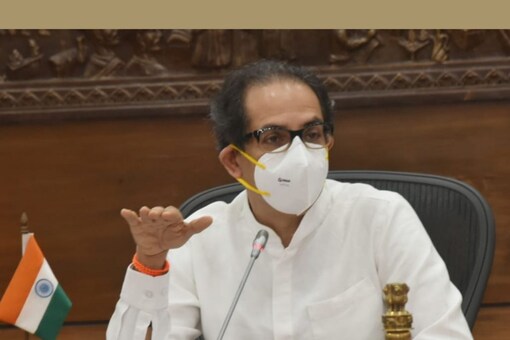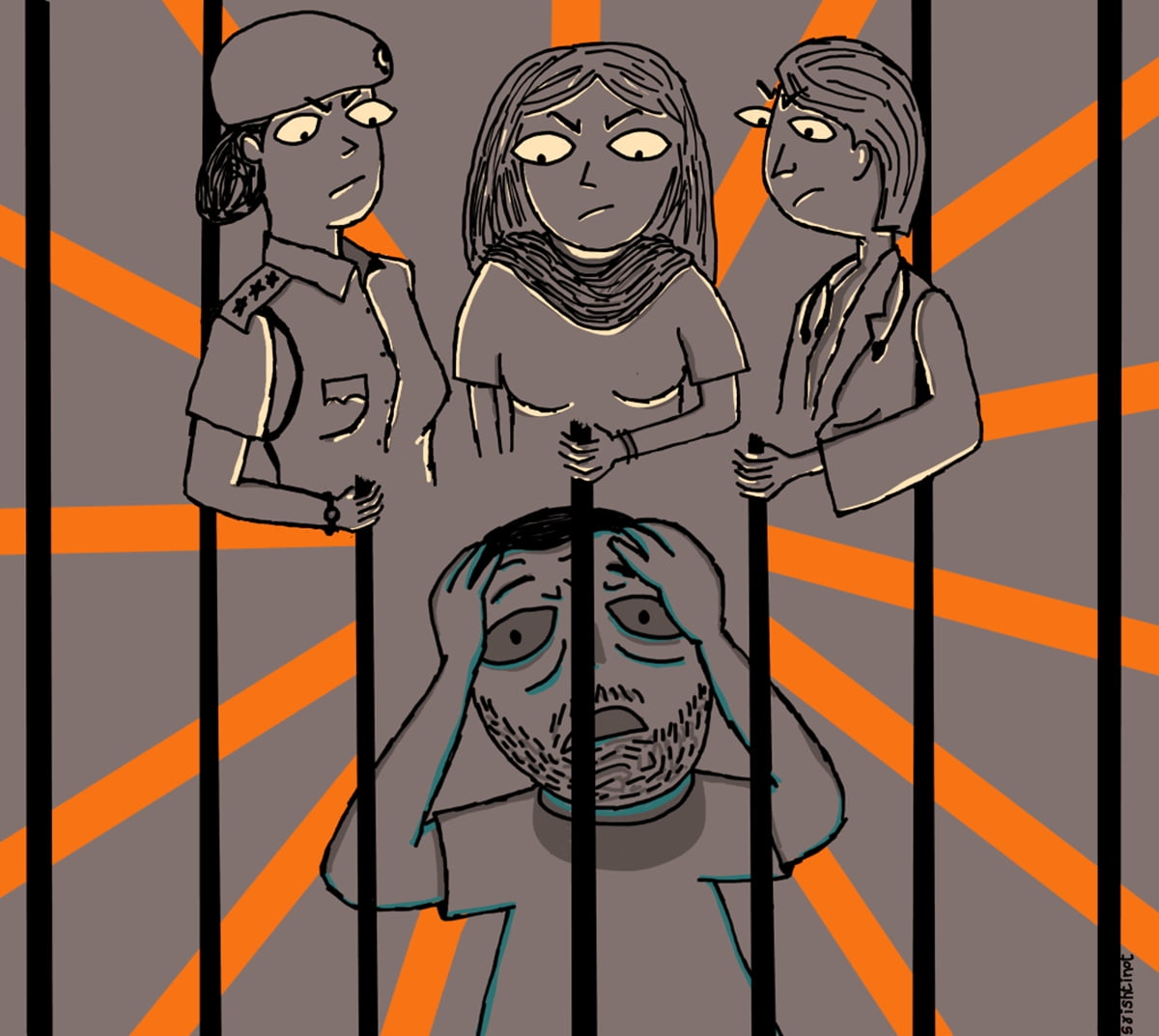As 2020 came to a close, the state cabinet of Maharashtra decided to approve the draft bill of the ‘Shakti Act’ that aims to curb sexual crimes and violence against women and children. The state government believes that a stringent and speedy trial is imperative to prevent heinous offences against the two vulnerable groups.
The bill seeks to amend vital sections of existing laws that protect women and children such as the IPC, CrPc and POCSO, by proposing that convicts receive stricter punishments (for example: death penalty, increased prison sentences and heavy fines) for crimes such as rape, acid attack and sexual harassment of minors. It also aims to conduct investigations and trials in a much shorter, and some might say, ambitious timeline than the one currently practiced. Additionally, the bill also criminalises multiple new acts that weren’t considered crimes before. A particularly controversial one includes the act of falsely accusing someone of rape or acid attacks.
The bill seeks to amend vital sections of existing laws that protect women and children such as the IPC, CrPc and POCSO, by proposing that convicts receive stricter punishments (for example: death penalty, increased prison sentences and heavy fines) for crimes such as rape, acid attack and sexual harassment of minors. It also aims to conduct investigations and trials in a much shorter, and some might say, ambitious timeline than the one currently practiced. Additionally, the bill also criminalises multiple new acts that weren’t considered crimes before. A particularly controversial one includes the act of falsely accusing someone of rape or acid attacks.
Unfortunately, as many women’s rights activists have explained, the Shakti Bill, if passed, will place even more obstacles in the path towards justice and make women and children even more vulnerable than they already are.
Also read: In Rural Maharashtra, Expectant Mothers Choose Home Births As Fear Of COVID-19 Prevails
1. Strict Punishment and Shorter Time Frames
As mentioned earlier in the introduction, the Shakti bill stresses on two main aspects: stricter punishments and speedier trials when dealing with sexual violence. Rape, gang rape and penetrative assault against minors are crimes that the bill aims to punish by death. Other, relatively less severe crimes might end in prison sentences lasting from 10 years to life.
Although it may seem reasonable to increase punishments for heinous offences like rape, multiple open letters by women’s rights activists claim that such increased punishments place women and children in worse circumstances than before.
Data shows that 98.8% of penetrative sexual assault and aggravated penetrative sexual assault offences in Maharashtra are committed by known persons, including but not limited to fathers, uncles, brothers, cousins, family friends, neighbours, educators, religious leaders, pediatricians, etc. This means that women and children alike would find it much harder to report cases if they were aware of the grave consequences their report might have on the perpetrator.
In fact, even those victims who do report their cases are highly likely to withdraw their statements midway through the trial and turn into what is known as a ‘hostile witness’. When witnesses turn hostile, the case is recorded as a ‘false allegation’ even though it was not. Not only will the victims be punished under the recommendations of the Shakti Bill in that case, it also skews the statistics around false cases and can be further manipulated and used against the best interests of women.
Another major problem with stricter punishments is that guilty persons may end up being acquitted and be let off without punishment because the courts would not want to risk charging someone with 10 years imprisonment, life imprisonment or the death penalty if there is even the slightest possibility that they might not be guilty. This also goes hand in hand with the bill’s proposition to decrease the time spent on a rape trial by half. This would further incentivise acquittals by the court in fear of wrongfully punishing someone innocent since a hasty trial leaves more room for doubt.
Essentially, stricter punishments and speedier trials are only packaged to seem like a step in the right direction even though they are more likely to allow guilty perpetrators to go off scot-free and deter innocent victims from reporting the injustice.

2. Mandatory Reporting and Criminalisation of ‘False Accusations’
Perhaps the most controversial aspects about the Bill are its sections on mandatory reporting and the criminalisation of false allegations. The Bill mandates that all victims must report their cases and does not allow even adult women to have the autonomy to decide whether or not they are willing to take upon the risks that come along with reporting a sexual harassment case.
By itself, this section puts women in threatening and vulnerable conditions considering the stigma surrounding harassment in the average Indian family as well as in society in general. Coming to terms with one’s own experience with harassment, let alone reporting the case, is an extremely overwhelming, difficult process so the amendment that compels victims to report, does not have the women’s best interest at its core.
On top of this, there is a section in the bill that deems a false allegation by a victim, a criminal offence. There are a multitude of issues with this addition to the law. First, the actual percentage of false allegations of rape are a miniscule amount in the much larger pool of reported rape cases in Maharashtra every year. Second, as mentioned in the previous section, many victims choose to withdraw their cases during the course of the trial due to stress and pressure. As we know now, these cases are also recorded as false even though in reality, they were not. And lastly, so many cases involve an inebriated or shocked victim who does not recall all the details of their situation, most perpetrators do not leave any biological evidence of bodily harm, there hardly ever is another witness to the crime.
Bearing all of this in mind, it is clear that sexual harassment is not the easiest crime to prove.
But with regards to the Shakti bill, it is not simply the criminalisation of false allegations but the added aspect of mandatory reporting that makes this bill all the more dangerous for women. On one hand, the Bill forces women to report their cases against their will, and on the other, the Bill also states that if there is not enough evidence against the perpetrator, the victim will be punished under the law. A combination of these two features of the bill forces women into a corner and make an already traumatic situation into a far larger nightmare where not only is she compelled to relive her harrowing experience by reporting the case but she is also blamed and punished if she does not have enough evidence to prove the perpetrator’s guilt. And considering the ambiguous circumstances in which most sexual harassment takes place (as described earlier in this section), it is always difficult to prove.
Further, mandatory reporting is ableist in how it invisibilises women and children with disabilities who do not wield the same access to systems of law that able-bodied women with privilege do, thus making it difficult for them to report their abuser.
3. No focus on victim rehabilitation
Finally, when tackling the issue of sexual harassment, it is important to have your priorities clear as a government and judiciary. What the Shakti bill gets completely wrong is its end goal. As women’s rights lawyer Flavia Agnes says in an interview with The Frontline magazine, “The success of a case (is) measured only in terms of conviction rates.”

Rather than trying to secure the psychological/financial/social future of the victims whose lives were disrupted by the incident, the bill focuses more on convicting the accused and quickly slapping down a punishment on them. What the legislators fail to recognise is that punishment of the accused might not be the best (or only) relief for the victim. With all of its clauses on speedier trials and stricter punishments, what the bill essentially does is turn survivors/victims into mere witnesses in a trial who must record statements, undergo medical examinations, and appear in court.
Legislators of sexual violence laws need to stop viewing the conviction of guilty persons as an indication of a successful trial and start approaching sexual harassment issues through a victim centric lens.
What will also emerge from a victim-centric approach is a fair and equitable form of justice. The conviction rate will drop if punishments are made to be too stringent and quick and therefore the only cases that will end in a conviction will be those that involve victims from high income, upper-caste backgrounds (because of the media attention on those cases causing the prosecution to be under pressure).
These victims will be given priority over others and will be the only ones who will receive justice. However, if the focus of the trial were to shift more on to victim rehabilitation, then the judges would not be wary of the trial ending in a conviction because such a judgement would not be gravely harmful to any of the parties involved and would in fact have far more positive outcomes than a stringent punishment system. This is why judges would find it easier to provide equitable justice to all victims and would ensure that no victim is given priority by virtue of their community, background and social privilege.
If the focus of the trial were to shift more on to victim rehabilitation, then the judges would not be wary of the trial ending in a conviction because such a judgement would not be gravely harmful to any of the parties involved and would in fact have far more positive outcomes than a stringent punishment system. This is why judges would find it easier to provide equitable justice to all victims and would ensure that no victim is given priority by virtue of their community, background and social privilege.
Alternatively, no accused should be given priority over others if their crimes are the same. It is highly unlikely that accused persons from high income backgrounds will ever be convicted since the consequences result in extended periods of jail time and even death. Only the accused from low income groups would face the consequences of the Shakti Act (or any form of stringent punishment). A victim-centric approach would ensure that most if not all accused persons are convicted regardless of their caste, class and religion. The crime of a lower class person is not justified by any means but, as Flavia Agnes states in her interview, “there still needs to be uniformity in the manner in which legal provisions are applied in sexual assault cases.”

Also read: Restorative Justice In GBV: Why Do Some Survivors Choose To Stay Quiet Rather Than Seek Justice?
A good justice system should ensure the rights and equality of all persons involved in a case and would make attempts to provide benefits to a victim to secure their future. This article is not a critique of the Shakti bill as much as it is of the general mindset surrounding justice when it comes to sexual violence and harassment. Such a mindset is more often than not, borne from communal outrage towards extreme forms of violence against women rather than from the need to protect victims of these crimes. This critique can and should be applied to any law dealing with violence against women and children in order to gauge its progressiveness and effectiveness.
Zara is someone who is reluctant to make small talk but will enthusiastically engage in deep discussions on musical theatre, feminism, and baked goods. You can find her on Medium, check her art & writing on her art account and find her here.
Featured image source: Srishti Sharma/Feminism in India




